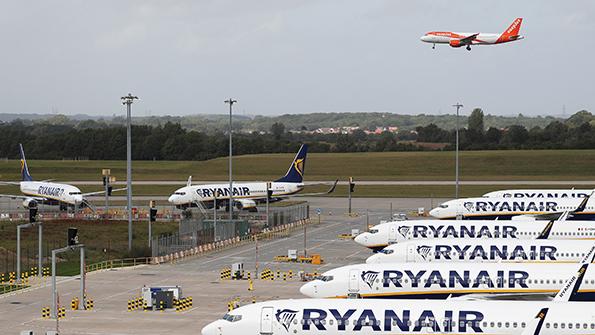
Ask the Editors: The Aviation Week Network invites our readers to submit questions to our editors and analysts. We’ll answer them, and if we can’t we’ll reach out to our wide network of experts for advice.
Given that airlines have plenty of spare aircraft for years to come, will we see any real demand for new equipment before 2025? If not, what will happen to the supply chain?
Jens Flottau, Aviation Week’s Executive Editor for Commercial Aviation, responds:
The short answer is that no one really knows. The market is experiencing massive overcapacity right now, with too many aircraft that no one needs. Even before the COVID-19 pandemic, economic and air travel growth was slowing; arguably overcapacity was already weighing on the industry, although aircraft manufacturers pointed at large backlogs and discipline among the vast majority of customers to take delivery of aircraft as planned.
Ironically, airlines do have some incentive to accept aircraft. Here is why: Aircraft are generally paid for in tranches. Predelivery payments start 24 months before planned delivery, usually in several installments of up to 10% of the aircraft’s value. A few months before delivery, the airline will already have paid a significant portion of the purchase price. If the customer is fortunate and can somehow afford this strategy, it has an incentive to pay the last installment and immediately sell the aircraft to a lessor and lease it back. That way, the airline frees up cash and ensures its short-term survival in return for long-term obligations by way of lease payments.
Whenever remotely justified, these aircraft are going to return to the active fleet because lease rates are due no matter what. They will therefore exacerbate the overcapacity situation in the long term, while saving some airlines from short-term bankruptcy. So manufacturers could feel the effects of this scenario, and the crisis in general, for longer than they think. And because the recovery of air traffic has slowed, demand for new equipment could be further delayed, particularly for widebodies.
What is true for airlines is also true for suppliers: A large overcapacity is in place now and for the foreseeable future. The industry looks set for a deep restructuring in which financially weaker companies will exit, while others may find new investors and survive, benefiting in the long term.





